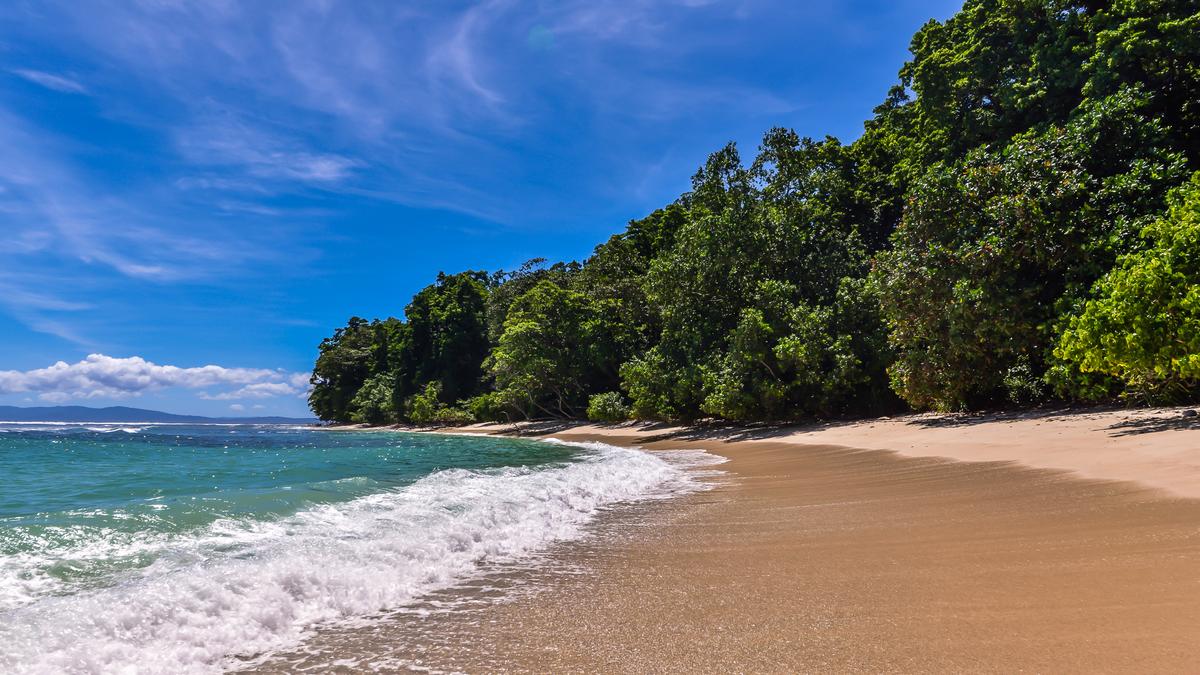Home / Environment / Govt Admits Great Nicobar Project Will Devastate Biodiversity and Forests
Govt Admits Great Nicobar Project Will Devastate Biodiversity and Forests
15 Nov, 2025
Summary
- Govt admits Great Nicobar project will significantly impact biodiversity
- Project includes port, airport, power plant, and tourism development
- Galathea Bay has 20,000 live coral colonies, megapode nests, and turtle nesting sites

In a significant development, the Indian government has admitted that the ₹92,000 crore Great Nicobar mega infrastructure project will have a devastating impact on the island's biodiversity and forests. The project, which was granted environmental clearance in November 2022, includes the construction of a transshipment port, an airport, a power plant, and a greenfield tourism project and township.
During a recent hearing before the National Green Tribunal (NGT) on October 30, 2025, the government's Additional Solicitor General Aishwarya Bhati acknowledged that the proposed site at Galathea Bay is home to over 20,000 live coral colonies, more than 50 nesting mounds of the endemic Nicobar Megapode (a Schedule 1 species), and an active nesting site for the Giant Leatherback turtle. Despite this, the government has pushed ahead with the project, raising serious questions about its commitment to environmental protection.




